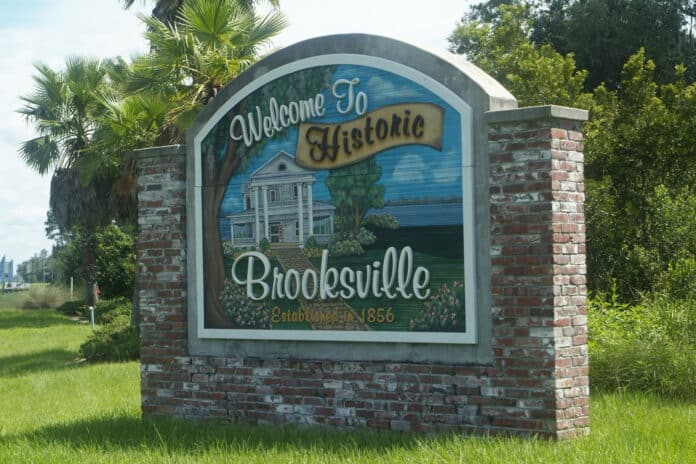City Manager Mark Kutney introduced Bill Geiger, City Development Department, to discuss code enforcement. He provided a brochure of the most common code violations to council members. Geiger stated the brochure is shared with residents who have questions. He also gave a memo to the council members, broken down into categories, to show the different issues code enforcement has dealt with over the past year, along with a comparison to fiscal year 2017. Fiscal years begin October 1 and end September 30.
Sign regulation is at the top of the list, with “snipe signs” (signs put up without permits, such as on telephone poles, in the right of way, just stuck in the ground, etc.) or signs not meeting code requirements. Overgrown properties comprise the second category that Code Enforcement handles.
Geiger stated that 2018 seems to have seen more violations than 2017. He said the Code Enforcement Officer doubles as the zoning review official when plans are submitted because that review position was vacated years ago and council did not approve a replacement. While Geiger stated the Code Enforcement Officer is a logical choice for the zoning reviews, he spends 50-60% of his time just reviewing plans.
Geiger included a total of the revenue collected from code violations: $4,593 in 2018, nearly double that of 2017. Permits to remove trees brought in $3,973 in 2018. Plan reviews are also a source of revenue, and the fees are divided among all the departments involved in the review: fire, public works, and zoning.
Mayor Betty Erhard asked Geiger about the replacement for the zoning official. He estimated an annual salary of $35,000. Erhard stated she felt another code enforcement officer would be appropriate, and asked Geiger’s opinion as to whether filling the zoning official position could be justified. Geiger deferred to the council but stated the benefits of having someone dedicated to zoning reviews.
Reading from a list of questions submitted by council, Geiger responded:
• Number of daily code violations calls: approximately 6-7
• Can someone live in an RV parked in their yard? No.
• Code ordinances available on the website? Yes, on the left side of the home page.
• Process followed when a code violation is reported: First a case file is created. He will then physically go to the location and determine if there is a code violation. If a violation has occurred, he will issue a citation, and depending on the type/severity of the violation will give the resident a deadline to respond and correct the issue. Noncompliance by the deadline will result in a meeting with the hearing officer. Currently, the code enforcement has a 98% compliance rate due to his personality and ability to work with the public.
• Violations enforced? Yes.
• How much has been collected? Provided above.
• Timeframe to comply? Generally 10-30 days, although some issues require immediate attention.
• Code enforcement officer in the field regularly? Yes, daily. Time varies depending on calls received and the nature of the violation, and zoning reviews to be done.
• Sign Ordinance? Article 7 of the code addresses sign regulations. Banners are allowed, and there are guidelines for them as well.
Battista asked if the Code Enforcement Officer is salaried or hourly. Geiger stated he was hourly and has not utilized any overtime. The officer not only responds to complaints but also will patrol the city streets looking for violations.
Erhard returned to her earlier statement that having a full-time code enforcement officer would be better than having him complete two jobs, that of zoning review as well as code enforcement. Kemerer asked when that job became vacant. Geiger estimated it might have been in 2008, and was corrected by the City Clerk, who stated it was 2010. The code enforcement officer was given more responsibility as he transitioned to including zoning reviews, until he now does them 50-60% of the time. Geiger states that while the code enforcement officer is primarily doing the zoning reviews, others will pitch in when he is not there.
Bernardini reviewed the figures with Geiger, who confirmed that of the $67,000 the department brings in, approximately $5,000 is from code violations. Bernardini asked about the overnight semi-truck parking around the city as mentioned on the brochure. Geiger stated that pertains to residential areas, as there are some commercial parking areas. Bernardini stated that trucks parking by Hernando High School or on Howell Avenue are in what he describes as residential areas and he would like to see the ordinance changed. Kemerer suggested speaking with the Hernando County School Board as the trucks parked in the school lots could represent a liability.
Battista noted that since there is no code enforcement after business hours or on the weekend, it would be hard to regulate. Geiger advised they would need to discuss changes with the Sheriff’s Office for enforcement.

